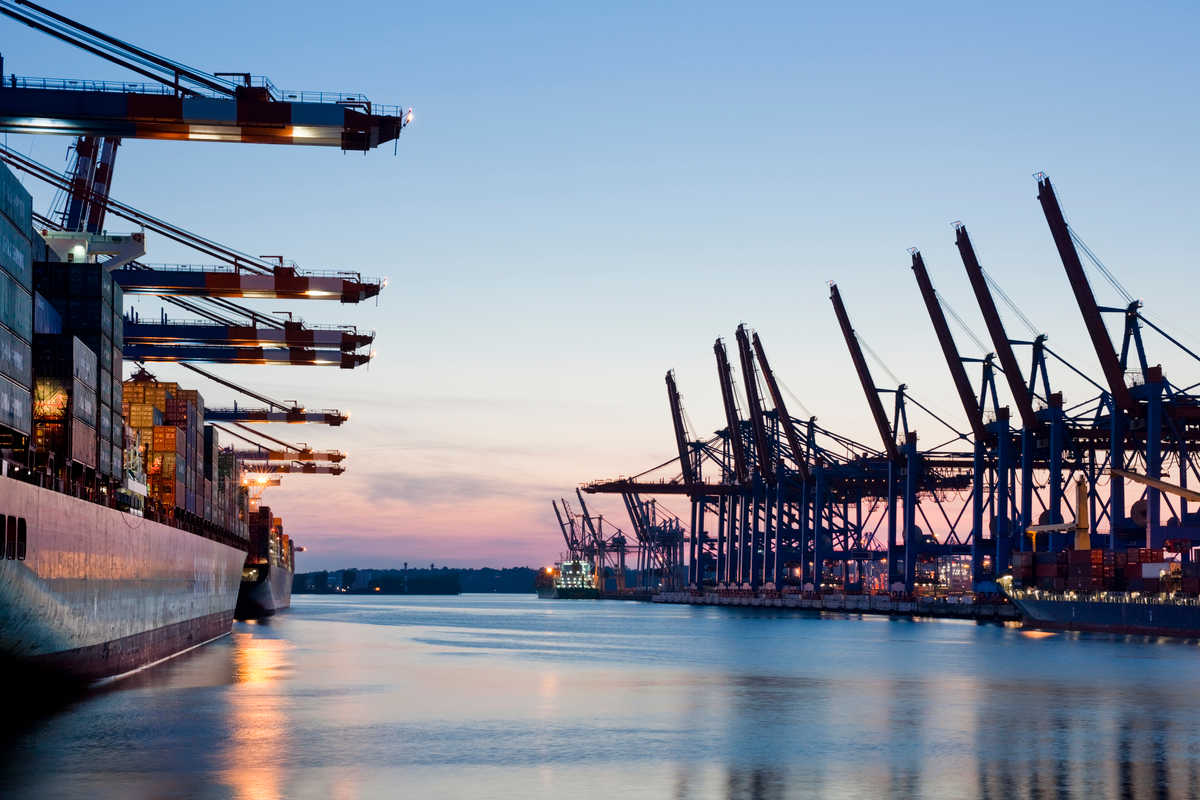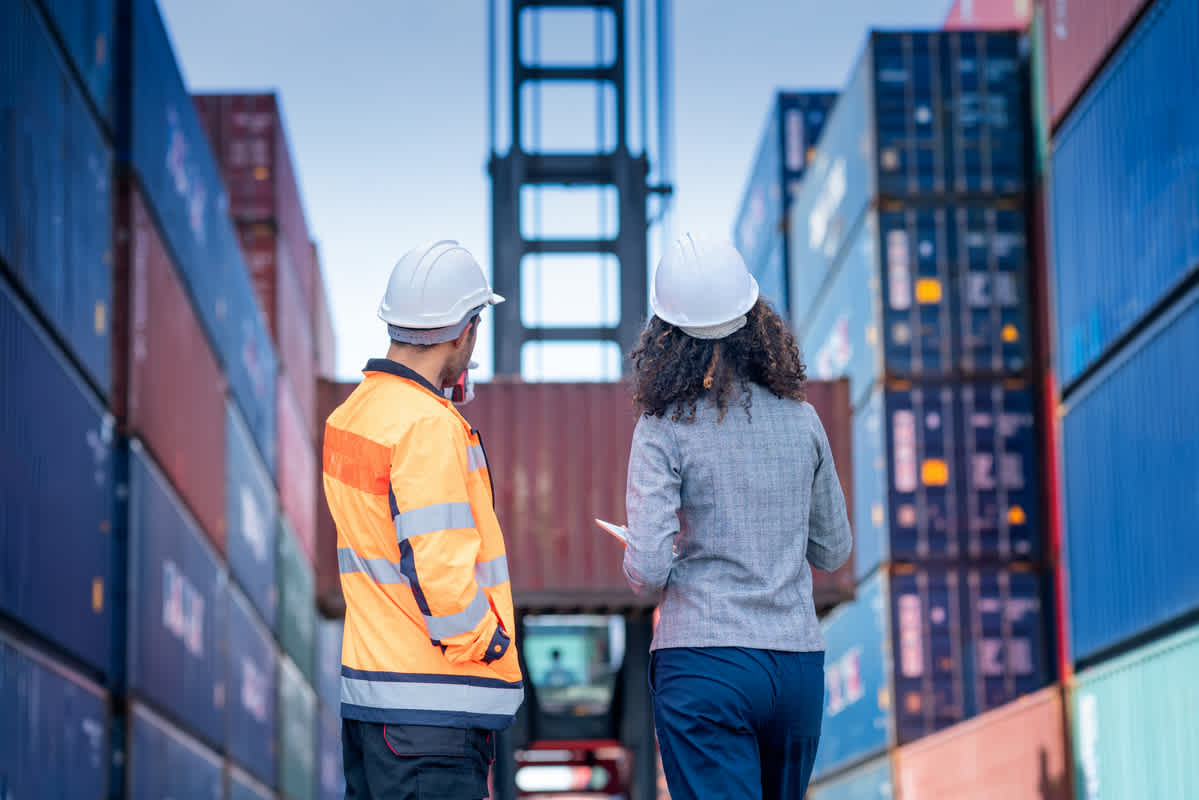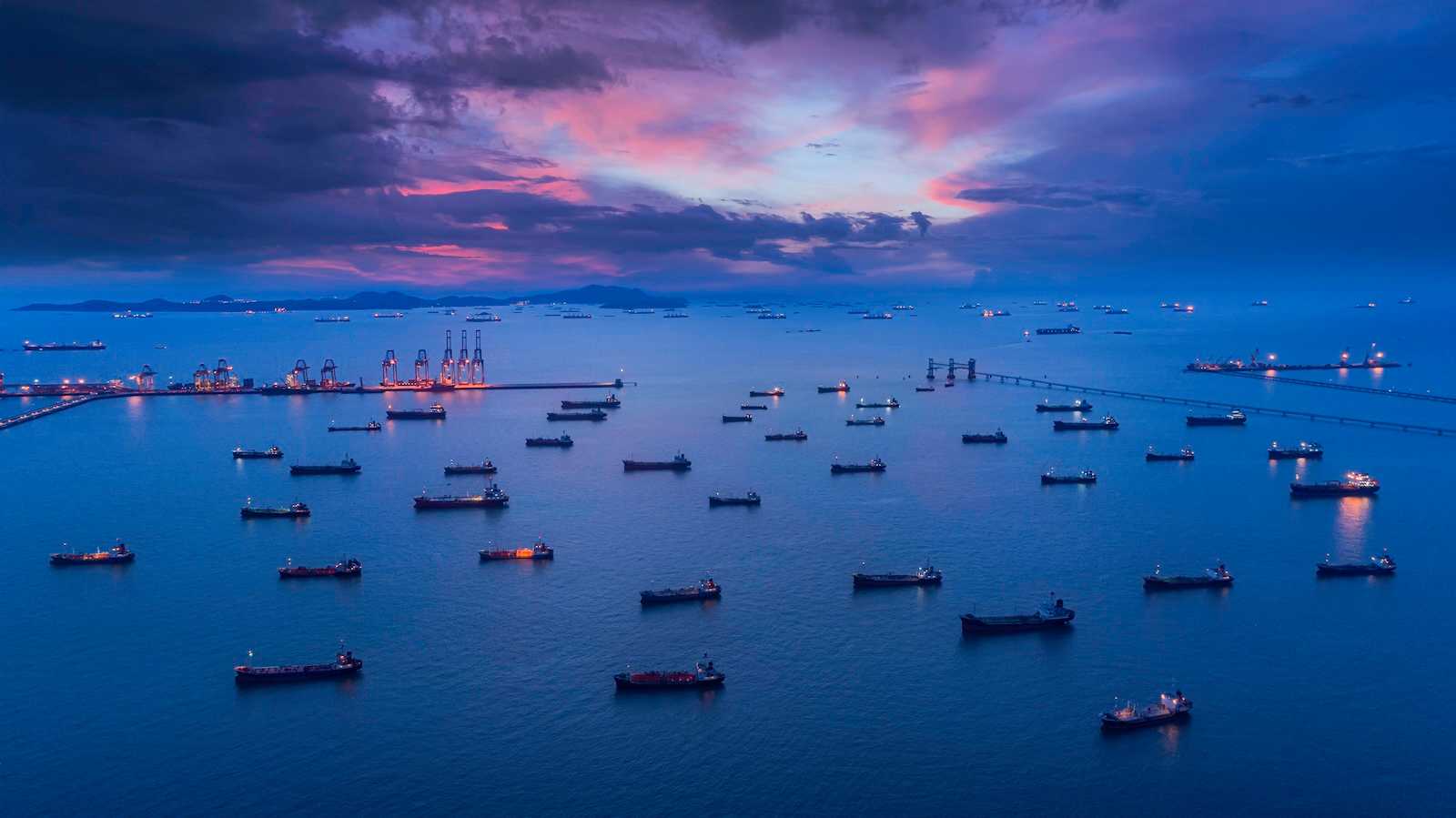
September 24, 2020
World Maritime Day Spotlights IMO Focus on Sustainable Shipping via Emissions Reduction
World Maritime Day Spotlights IMO Focus on Sustainable Shipping via Emissions Reduction
Today, World Maritime Day calls attention to the abiding need for sustainable shipping. The official theme, developed by the United Nations’ International Maritime Organization (IMO), highlights several efforts by the specialized agency.
As a regulatory body, the IMO has set two important milestones: a 40% increase in overall fleet efficiency by 2030 and a 50% reduction in absolute emissions by 2050, using a 2008 baseline.
To that effect, IMO 2020 mandates the reduction of marine fuel oil sulfur content from 3.5% to 0.5%. At the 2019 FORWARD by Flexport conference, a speaker called the shift “the biggest planned disruption in the history of energy markets.”
Sustainability Goals
Now, after the extra disruption of Covid-19, which stalled trade and stranded seafarers for months, World Maritime Day maintains its focus: cutting greenhouse gases, reducing sulfur emissions from fuel, and improving overall shipping efficiency via digital information exchanges.
IMO Secretary-General Kitack Lim confirms, “These goals are as relevant as ever, and shipping is essential for sustainable development. The 2030 Agenda will only be realized with a sustainable transport sector supporting world trade and facilitating the global economy.”
Companies can begin to audit and adjust sustainability factors now. For instance, OceanMatch fills unused space in one container with other shippers’ cargo. Rates are optimized to shipment size, efficiency is maximized, and shipments are carbon neutral, thanks to offsets. Flexport’s dashboard features carbon calculation, too.
Ship Electrification
For now, carbon offsets provide a stopgap solution against shipping emissions, but deeper emissions reductions are in order to hit IMO goals.
One glint of hope could come from container-ship electrification. Development isn’t quite ready for transoceanic sailings, though.
The gold standard is a ship large enough to make it across the ocean on batteries small enough to allow profitable container volume. As of now, ships need too many batteries. Not only that, there’s nowhere to recycle them, and battery cases need more R&D to ensure against degradation or explosion.
Plus, carriers lost up to $800 million per week to pandemic-related economic shutdowns. Battery development is unlikely to be a priority until those losses are at least partially recouped.
In the meantime, shipowners are doing their best to customize sustainability mixes against forecasted regulatory, technology, and energy price factors.
Learn more about how to offset carbon emissions in shipping at Flexport.org. And, be sure to attend the upcoming FORWARD20 by Flexport to hear more about how the industry is evolving to address sustainable shipping initiatives.



